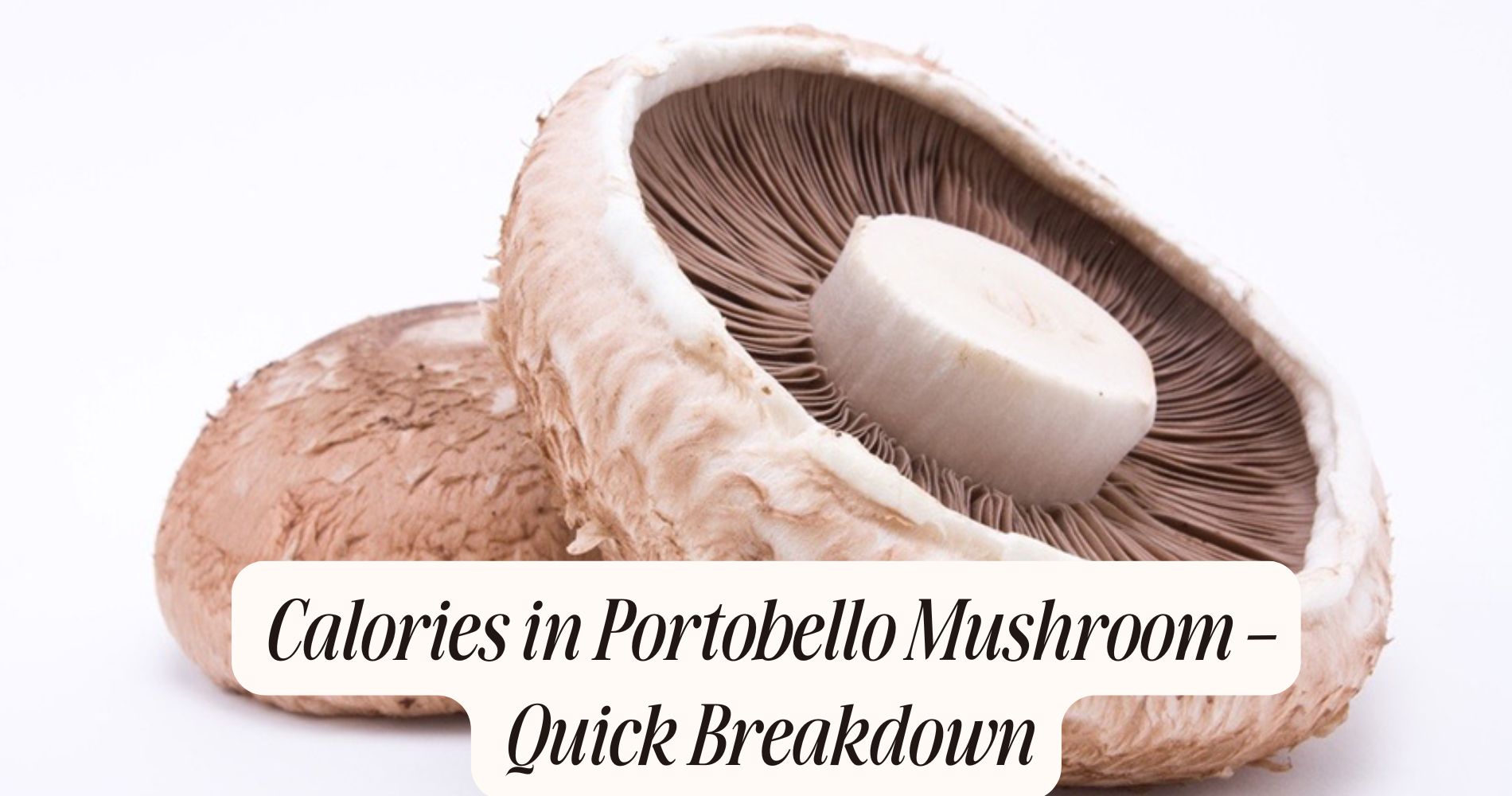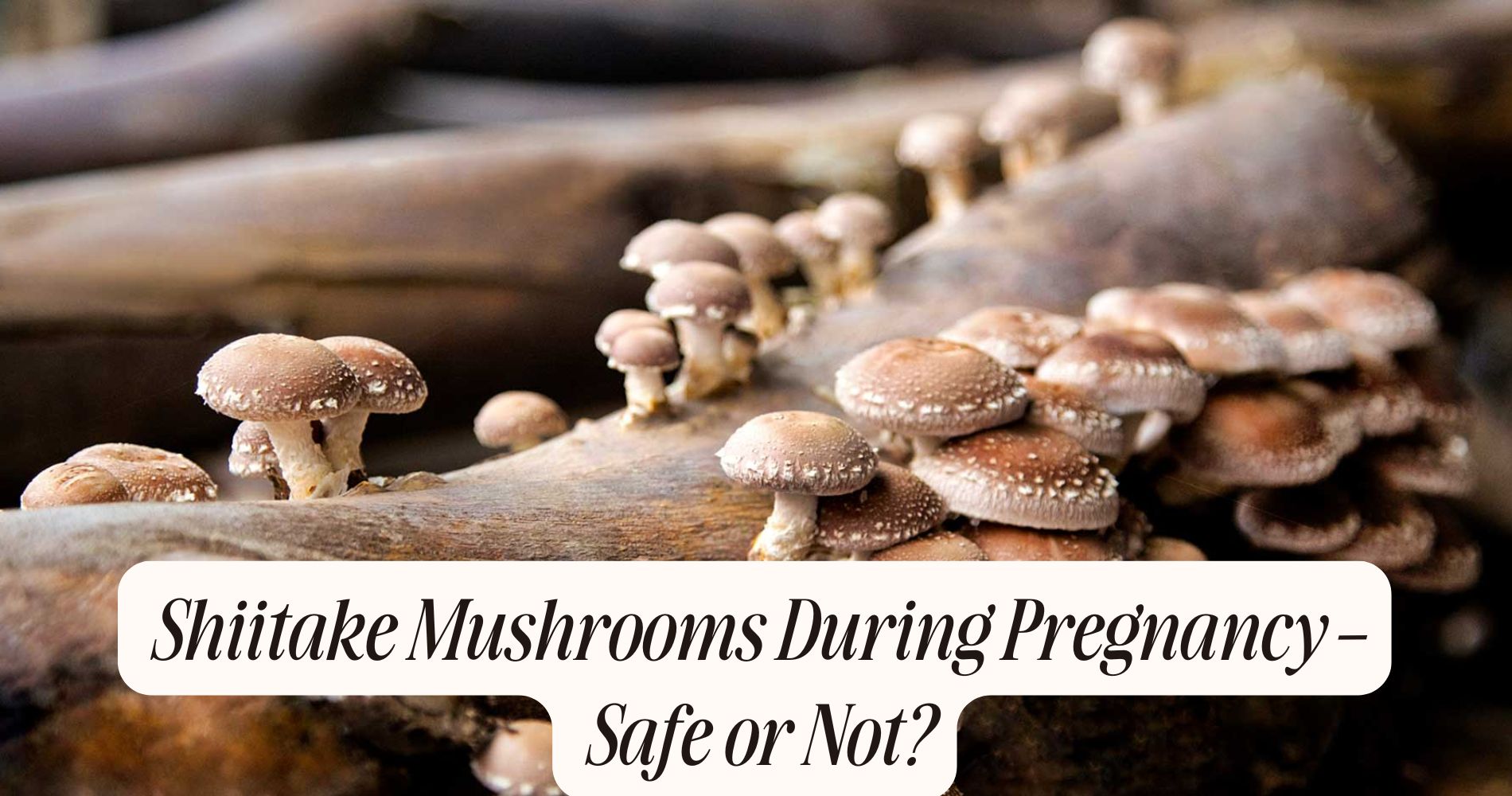
Are Mushrooms a Diuretic? Here's the Truth
Are mushrooms a diuretic? Mushrooms aren’t diuretics, so you won’t lose excess water by eating them. Instead, they’re about 90% water, hydrating and nutrient-rich, but they won’t increase your urine output like true diuretics. Scientific evidence shows mushrooms support your health with antioxidants and vitamins, not by flushing fluids from your system. You can enjoy mushrooms for their taste and nutrition without worrying about water loss. Still, there’s more to learn about their benefits and safe use.
Understanding Diuretics: What Does It Mean?
When you hear the term "diuretic," it refers to a substance that increases the production of urine, helping your body eliminate excess water and sodium. Diuretics play a vital role in managing water retention, which can occur due to various health conditions, such as heart, liver, or kidney issues.
By promoting urination, diuretics help maintain fluid balance and support kidney health, ensuring your body doesn’t hold on to unnecessary fluids. There are both natural and pharmaceutical diuretics, each working to reduce swelling or bloating caused by water retention.
When you consider foods or substances for their potential diuretic effects, it’s important to understand how they might impact your kidneys and overall hydration. Always evaluate evidence before making dietary changes for kidney health.
Nutritional Profile of Mushrooms
Although mushrooms often take a supporting role in meals, their nutritional profile deserves attention. When you add mushrooms to your diet, you’re choosing a food that’s low in calories yet rich in essential nutrients.
Mushrooms provide B vitamins like riboflavin, niacin, and pantothenic acid, which support energy production and cell health. Their vitamin content also includes vitamin D—especially if they’ve been exposed to sunlight or UV light.

You’ll benefit from minerals too, such as selenium, copper, and potassium, which contribute to immune function and electrolyte balance.
Especially, mushroom antioxidants like ergothioneine and glutathione help protect your cells from oxidative stress. By including mushrooms in your meals, you’re supporting overall wellness with their diverse nutrient profile and antioxidant properties.
Common Myths About Mushrooms and Water Loss
Despite widespread claims, mushrooms aren’t true diuretics and don’t directly cause your body to lose excess water. You might hear that eating mushrooms will make you urinate more or shed water weight, but there’s no solid nutritional evidence supporting this idea.
In reality, mushrooms are about 90% water, and their hydration level is more related to their cultivation methods than any supposed diuretic property. Mushroom cultivation focuses on producing varieties with desirable flavor and texture for culinary uses, not on enhancing any water-loss effects.
In your diet, mushrooms add nutrients and fiber but don’t trigger significant fluid loss. It’s important to distinguish between myths and facts, so you can enjoy mushrooms for their actual health benefits rather than unsupported claims about water loss.
Scientific Research on Mushrooms and Diuretic Effects
While mushrooms contain a variety of nutrients and bioactive compounds, current scientific research doesn’t identify them as true diuretics. When you look at studies related to mushroom cultivation and the analysis of fungal bioactive compounds, you’ll notice that most focus on immune support, antioxidant activity, and potential anticancer effects rather than diuretic properties.

Researchers haven’t found clear evidence that mushrooms, whether eaten fresh or as supplements, increase urine output or support fluid excretion in the way recognized diuretics do. Although mushrooms are hydrating because of their high water content, this alone doesn’t classify them as diuretics.
If you’re interested in the health benefits of mushrooms, it’s best to rely on evidence-based claims rather than assuming they’ll have a significant impact on water balance.
How Mushrooms Interact With Your Kidneys
When you eat mushrooms, your kidneys process the nutrients, water, and any bioactive compounds they contain. Mushrooms, regardless of how they’re grown—whether through traditional mushroom cultivation or controlled indoor environments—don’t introduce substances known to directly burden or overstimulate your kidneys.
The fungal cell structure of mushrooms is rich in fiber, B vitamins, and trace minerals, all of which are efficiently filtered and managed by healthy kidneys. Research shows that edible mushrooms contain low levels of sodium and naturally occurring compounds that don’t promote excessive urine production.
Instead, your kidneys simply filter out any excess nutrients or waste products just as they'd from other plant-based foods. As a result, eating mushrooms as part of a balanced diet isn’t associated with negative or extraordinary effects on kidney function.
Electrolytes and Hydration: The Role of Mushrooms
Although mushrooms are often valued for their nutrients, their impact on your body’s electrolyte balance and hydration is modest.
When you eat mushrooms, you get small amounts of key electrolytes like potassium and sodium, but these levels aren’t high enough to appreciably influence your body’s overall hydration status or electrolyte balance.
If you’re developing hydration strategies, mushrooms can be part of a balanced diet, but they shouldn’t be relied upon as a primary source for maintaining fluid or electrolyte needs.

Most mushrooms are about 90% water by weight, so they’ll contribute a little to your fluid intake, but not nearly as much as fruits or vegetables with higher water and electrolyte content.
For effective hydration strategies, you’ll want to focus on a varied diet and adequate fluid intake.
Comparing Mushrooms to Known Diuretic Foods
Compared to well-known diuretic foods like celery, asparagus, or coffee, mushrooms don’t demonstrate a significant effect on urine production. When you eat foods that are true diuretics, you’ll often notice an increase in urination due to compounds that actively promote fluid loss.
Mushrooms, however, lack these specific compounds. Their nutritional profile, including mushroom calcium and fungal antioxidants, supports overall health but doesn’t directly impact your body’s fluid balance in the way classic diuretics do.
While mushroom calcium contributes to bone health and fungal antioxidants help combat oxidative stress, neither property has a role in increasing urine output. So, if you’re seeking foods to manage water retention, mushrooms won’t act like traditional diuretic choices, though they still offer valuable nutrients in your diet.
Health Benefits of Including Mushrooms in Your Diet
If you’re looking to boost your nutrition, adding mushrooms to your meals provides a range of health benefits backed by research. Mushrooms are low in calories, fat-free, and a good source of B vitamins, selenium, potassium, and antioxidants.
Studies suggest their unique compounds may support immune function and help reduce inflammation. Thanks to advances in mushroom cultivation, you can find a wide variety of fresh and dried options in stores year-round, making them an accessible choice for healthier eating.
Their culinary uses are extensive—mushrooms add savory flavor, texture, and nutrients to dishes without much sodium or cholesterol. Incorporating mushrooms into your diet may support heart health, aid in maintaining healthy blood pressure, and contribute to overall wellness.
Their nutritional profile makes them a valuable addition to diverse eating patterns.
Potential Side Effects of Eating Mushrooms
While mushrooms offer notable nutritional benefits, it’s important to recognize that some individuals may experience adverse effects from consuming them. If you have mushroom allergies, you could develop symptoms such as skin rashes, gastrointestinal discomfort, or even respiratory issues after eating mushrooms.

Allergic reactions are relatively rare but can be severe in sensitive individuals. Additionally, overconsumption risks shouldn't be overlooked. Eating excessive amounts of mushrooms, especially certain wild varieties, can lead to digestive upset including bloating, nausea, or diarrhea.
Some mushrooms contain compounds that are difficult to digest or mildly toxic if eaten in large quantities. Always pay attention to how your body responds to mushrooms and consider any underlying health conditions that may affect your tolerance before including them regularly in your diet.
Tips for Enjoying Mushrooms Without Worry
To safely enjoy the nutritional benefits of mushrooms, start by selecting fresh, high-quality varieties from reputable sources and avoid foraging wild mushrooms unless you’re guided by an expert.
Opt for mushrooms produced through controlled mushroom cultivation, which guarantees fewer contaminants and consistent quality.
Wash mushrooms thoroughly before use to remove any residual soil or debris, and store them in a cool, dry place to preserve freshness.
Incorporate diverse culinary techniques—such as sautéing, roasting, or grilling—to enhance flavors and nutrient availability without excess fat or sodium.
If you have food sensitivities or underlying kidney conditions, consult a healthcare provider before adding large amounts to your diet.
Moderation and proper preparation let you enjoy mushrooms’ unique textures, flavors, and health benefits without unnecessary worry.
Try Mushrooms the Easy Way with Well Gummies
If you're exploring the health benefits of mushrooms, why not enjoy them in the most convenient and delicious form possible? Well Gummies’ SUPER MUSHROOM GUMMIES pack the power of 10 functional mushrooms into tasty, chewable bites that support your focus, energy, and immune system—without the hassle of prep or cooking. With a fresh wild berry flavor and zero crash or jitters, these vegan gummies are the perfect daily boost for your mind and body. Add them to your routine and feel the difference.
Frequently Asked Questions
Are There Specific Mushroom Varieties With Unique Medicinal Properties?
You'll find that specific mushroom varieties like reishi, lion's mane, and shiitake contain unique medicinal compounds. Research shows these compounds may support immunity, brain health, and cholesterol management, highlighting the nutritional benefits of incorporating diverse mushrooms into your diet.
Can Mushrooms Interact With Prescription Diuretics or Other Medications?
You should consider potential drug interactions when combining mushrooms with prescription diuretics or other medications. For medication safety, consult a healthcare professional, as certain mushrooms may affect absorption, metabolism, or efficacy based on current evidence.
Do Dried Mushrooms Have Different Hydration Effects Than Fresh Mushrooms?
When you compare dried mushrooms to fresh, you'll notice different hydration effects. Fresh mushrooms contain more water, so they can contribute to your fluid intake, while dried mushrooms lack water and don't provide significant hydration benefits.
Are Wild-Foraged Mushrooms Safe to Eat for Kidney Health?
If you practice wild foraging, always prioritize mushroom safety. Many wild mushrooms can harm your kidneys, even fatally. Don’t eat wild-foraged mushrooms unless an expert identifies them as safe. Your kidney health depends on correct identification.
Can Mushrooms Cause Allergic Reactions Related to Water Retention?
If you've got a mushroom allergy, you might experience symptoms like hives or swelling, but there's no strong evidence linking mushroom allergy directly to water retention. Usually, water retention isn't a typical allergic reaction to mushrooms.
Conclusion
So, while mushrooms are packed with nutrients and offer plenty of health benefits, there’s no solid evidence that they act as diuretics like coffee or watermelon do. You can enjoy mushrooms without worrying about increased water loss or extra strain on your kidneys. They’re a nutritious, low-calorie addition to your meals, not a food that’ll make you lose fluids. Stick to evidence-based facts, and feel confident including mushrooms in your balanced diet.




